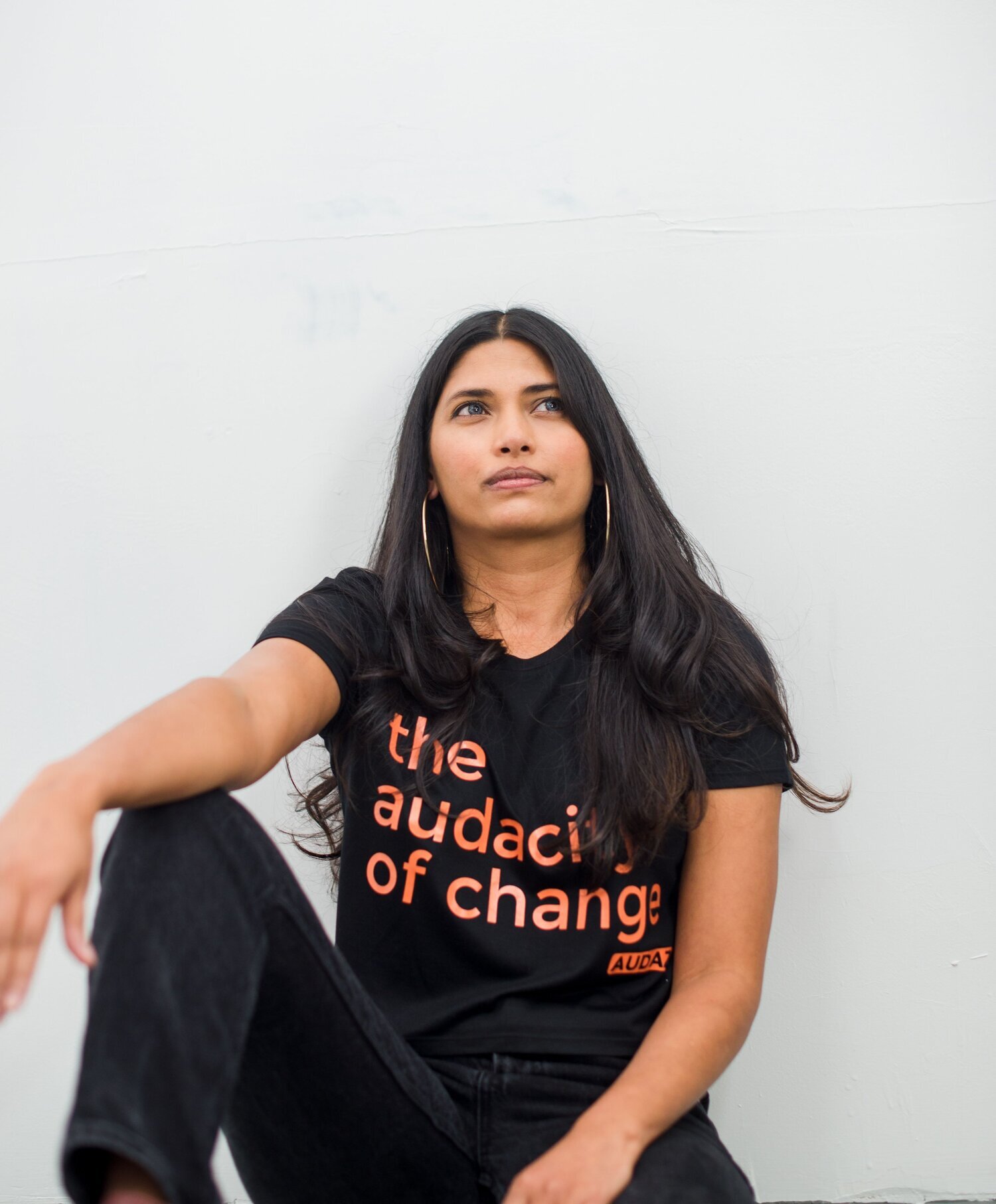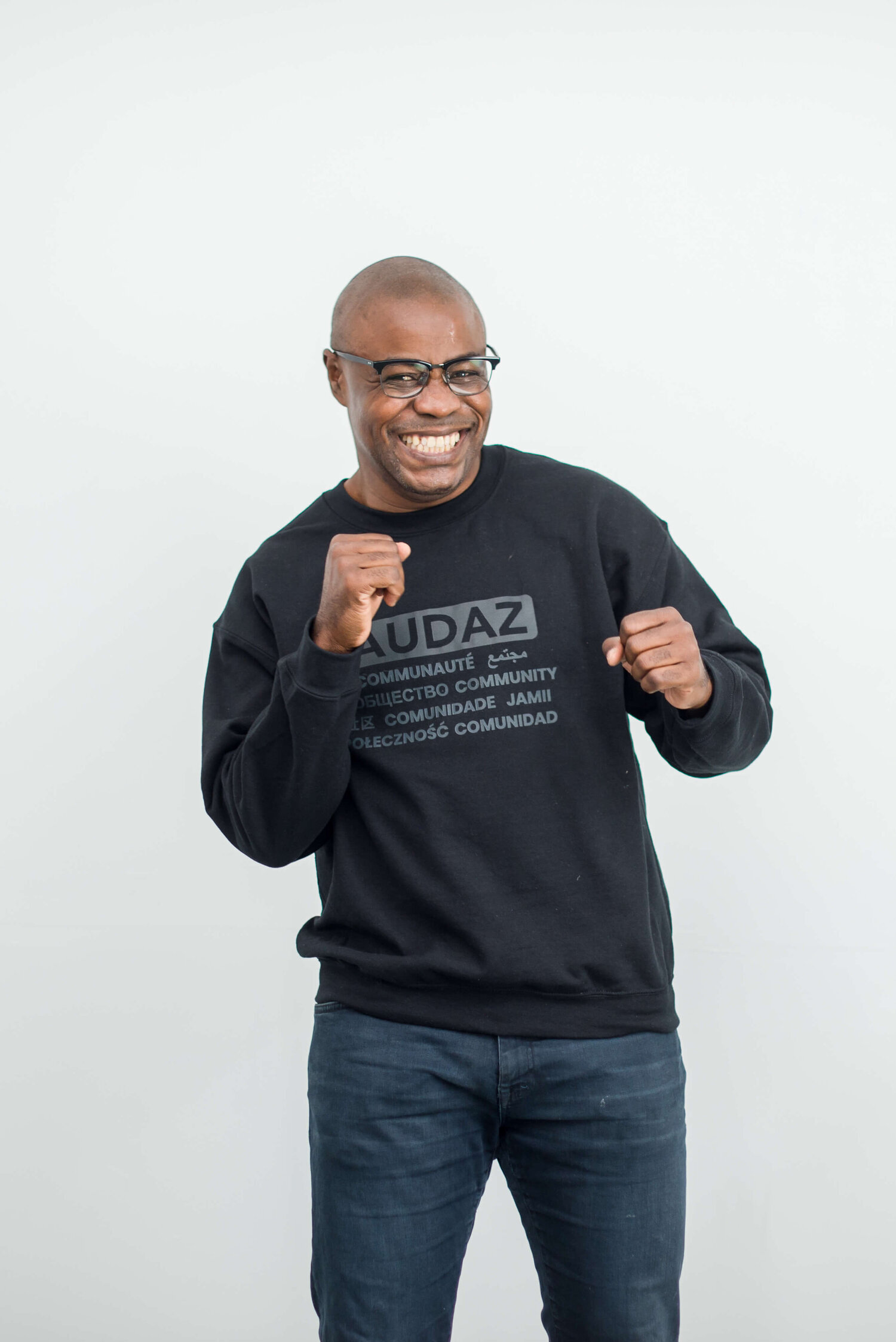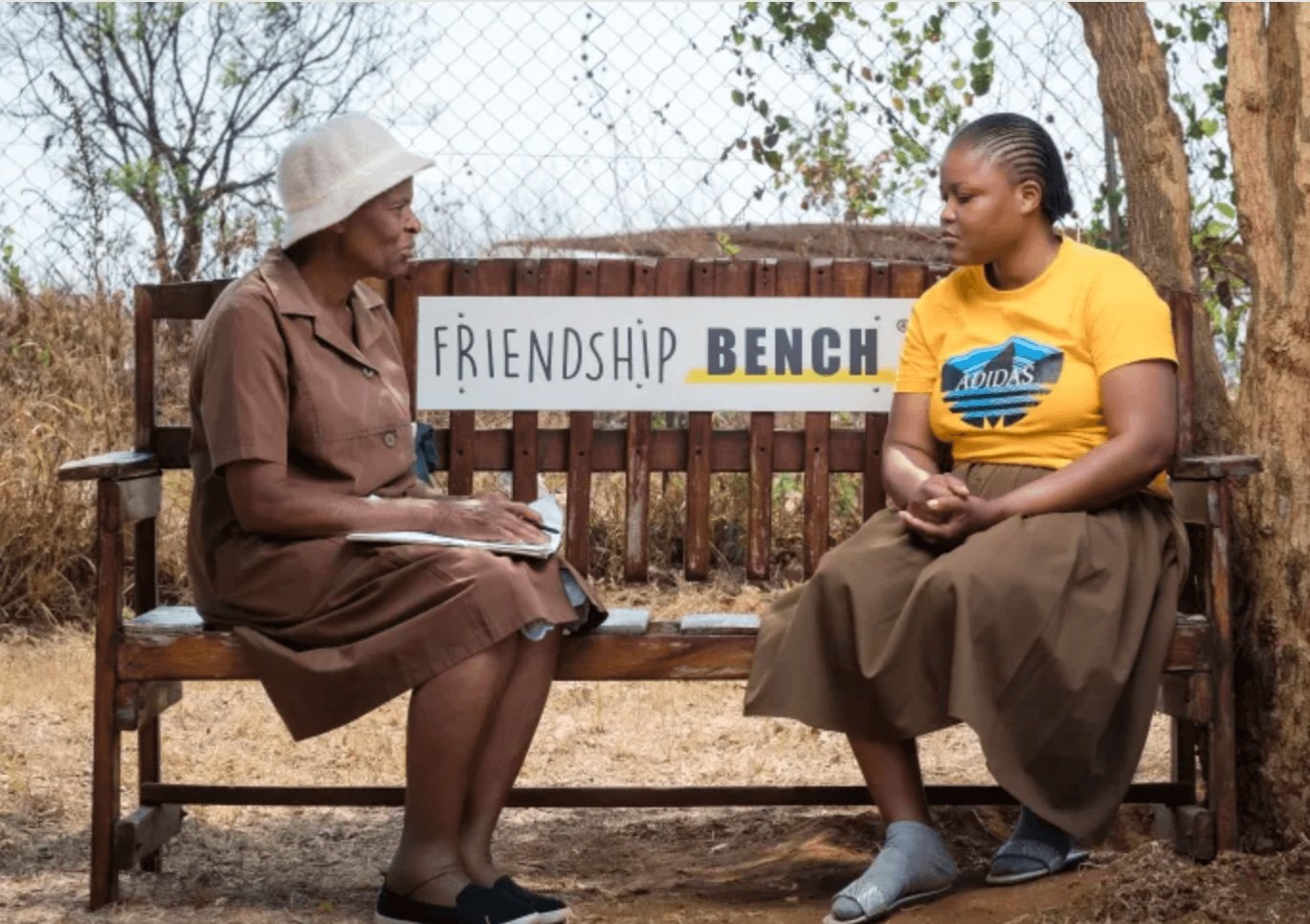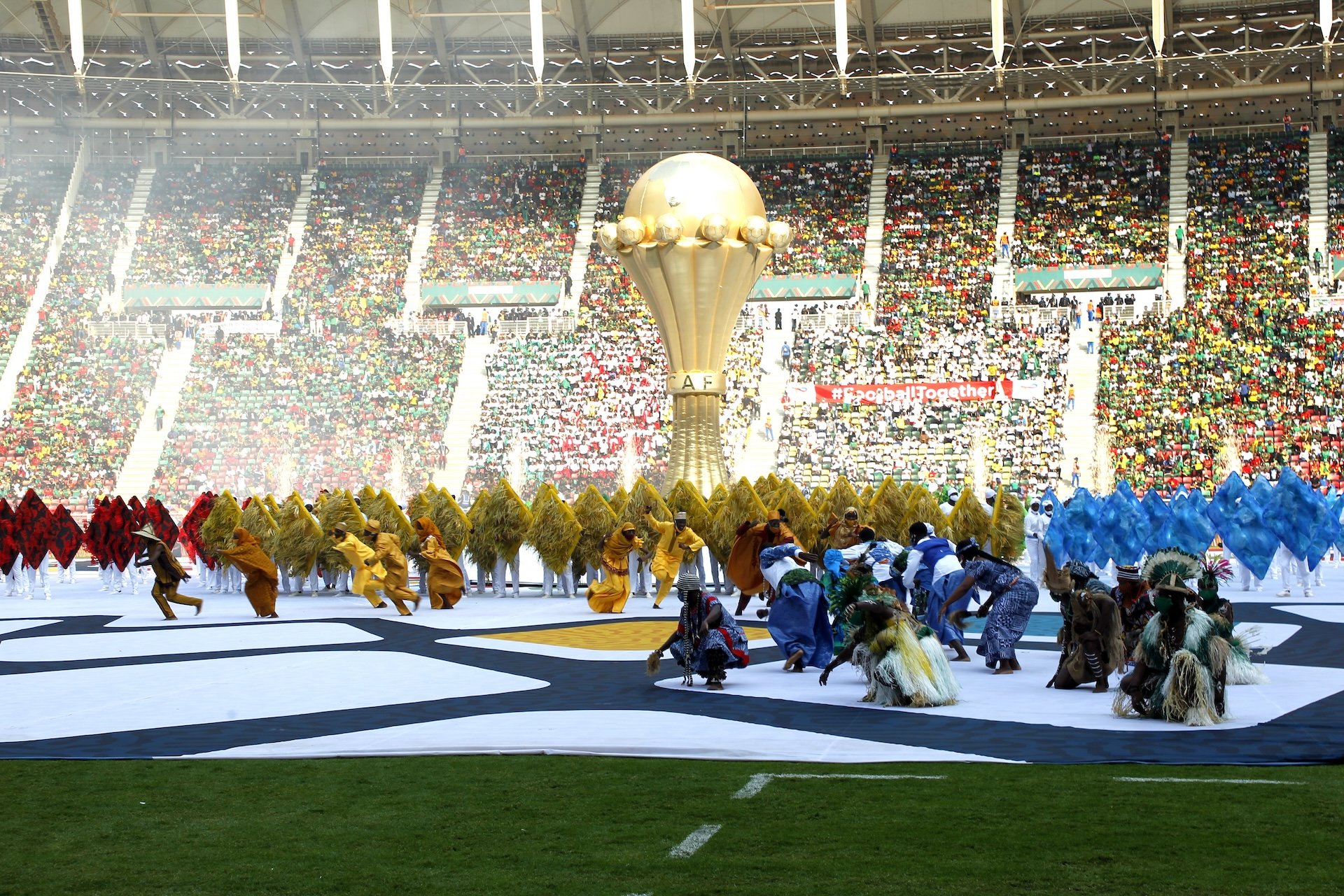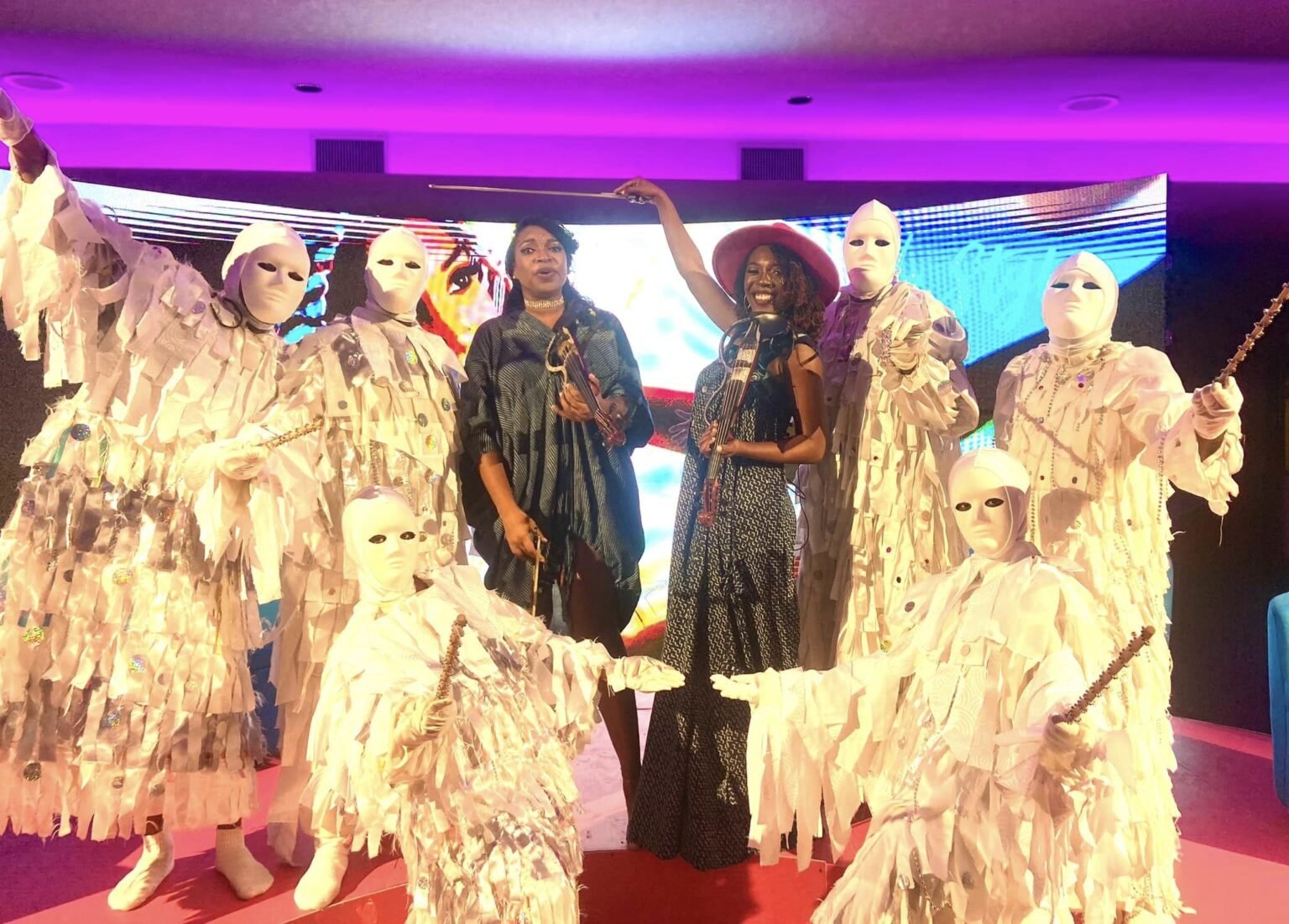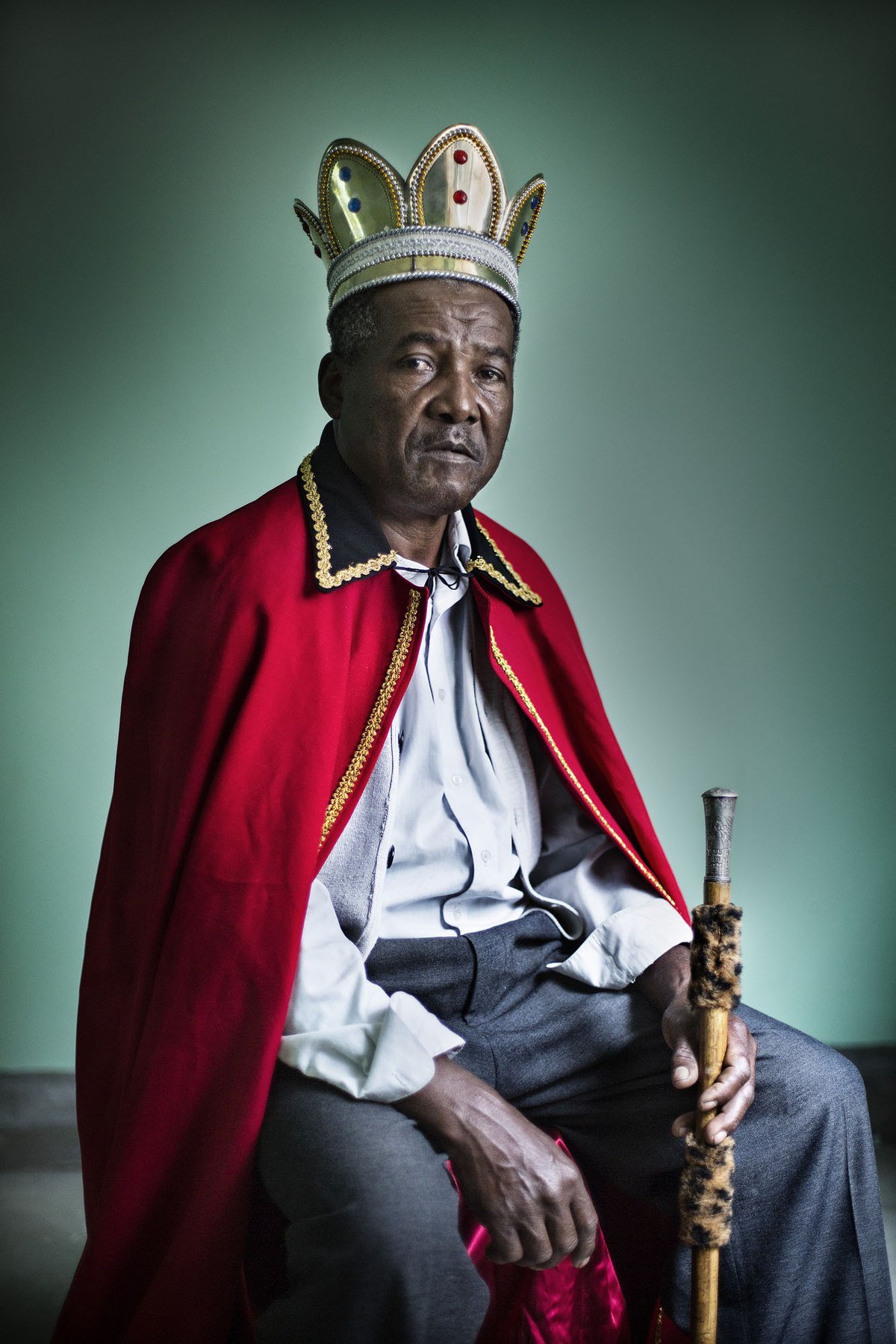
Image: PhMuseum
Outside Bolivia’s capital city of La Paz lies the Yungas region, which is home to Julio Piñedo, recognized as the last king of the Americas. But he is no ordinary king – this humble monarch, the ceremonial king of approximately 23,000 Afro-Bolivians in the country, is a farmer who still tends to his coca crops full time. Crowned in 1992, his position as king was officially recognized in 2007 by the Bolivian state.
Born in 1942, King Piñedo is a descendant of Prince Uchicho of the Kikongo tribe, who arrived in Bolivia from Congo as a slave in 1820. Uchicho was the leader of the liberated slaves of the Yungas, establishing an autonomous zone for freed slaves following Bolivia’s liberation from Spain. He was declared their king in 1832.
“I knew my ancestors were, like other Africans, brought to work in the Bolivian gold and silver mines [by the Spaniards],” says King Piñedo.
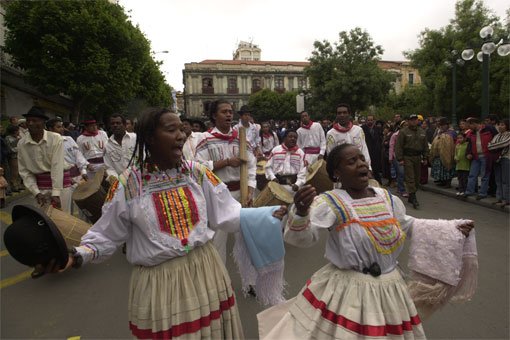
Image: Americas Quarterly
Following his ascension as head monarch, one of King Piñedo’s key goals is to keep making progress for the Afro-Bolivians in his community.
“Racism and discrimination are never going to disappear from Bolivia,” he says. “The mixed-ancestry people, the indigenous population and the Black population – each one gets their share of it.”
Despite the persisting challenges, King Piñedo’s advocacy efforts contributed to Afro-Bolivians finally being recognized by the Bolivian Constitution that was passed in January 2009 under the country’s first indigenous president, Evo Morales. In 2015, Ancelma Perlacios became the first Afro-Bolivian senator marking another important milestone in their representation. She credited the official acknowledgment of King Piñedo’s roots and position as a major symbolic victory for Afro-Bolivians in the country.
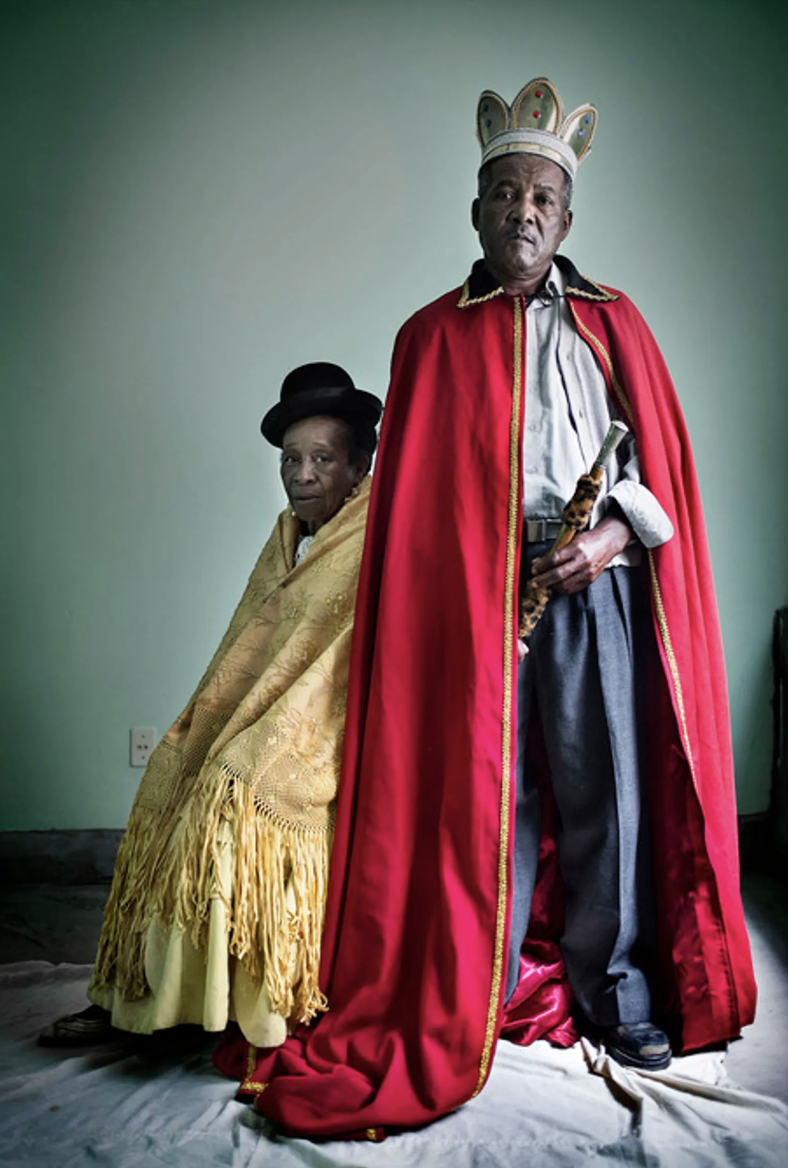
Image: PhMuseum
“A lot of progress has been made. We Afros are being taken into account, and we are present in places where important decisions are being made,” she said.
King Piñedo and his wife Queen Larrea have a son, Prince Rolando who is determined to take his father’s work forward. As a law student at the Universidad de Los Andes in La Paz he says, “I would like to keep pushing forward to make the Afro-Bolivian community more recognized and visible, the way my father has done until now.”
SHOP THE CHANGEMAKER COLLECTION

Audaz Mag is the magazine for audacious people! An online publication telling Black stories, showcasing trendsetters and celebrating changemakers around the world.
